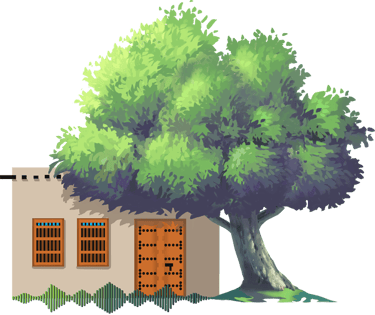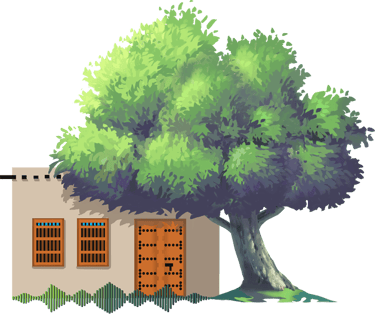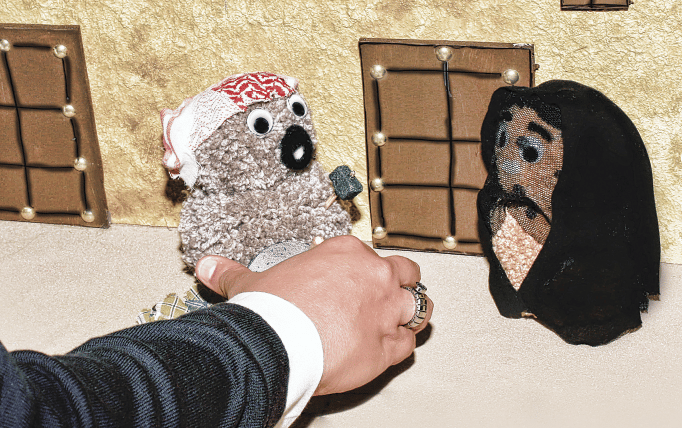Popular Proverbs:
Proverbs encapsulate many stories, values, and lessons such as patience, generosity, poverty, luck, cunning, and cleverness. They are expressed in simple colloquial language to remain close to the listener, as they spring from the environment people live in and arise from their experiences, struggles, and recurring situations. They are part of the intangible heritage passed down from generation to generation. Simple and easy to understand, they reflect the customs and traditions of society and aim to deliver meaning in the simplest form and with the fewest words—as the saying goes, “The best words are those that are few but meaningful.”
Popular proverbs often feature humor, sarcasm, or exaggeration to attract attention. They have been used in upbringing and education as a tool for instilling values, morals, advice, and for setting boundaries of what is acceptable or rejected in society. Proverbs carry the experiences of earlier generations and offer simplified solutions to problems. They also play an important role in reinforcing collective identity, fostering pride in cultural heritage, and preserving words and expressions linked to the local dialect of that culture. In addition, they narrate history in a simple, memorable way.
Here on this page, you will find a collection of popular proverbs from Kuwaiti heritage. Despite differences in wording, many of them are also found across Gulf cultures, which proves how easily they traveled from one place to another and were preserved. I have represented them with images that either reflect the meaning or translate them literally, so they can be remembered both in word and image. My references for this were two key sources: Al-Amthal al-Darija fi al-Kuwait(Common Proverbs in Kuwait) collected and explained by Sheikh Abdullah Al-Nouri in 1981, and Dustoor al-Amthal al-Sha‘biya al-Kuwaitiya (The Constitution of Kuwaiti Popular Proverbs) authored by Saad Ibn Mishlah Al-Azmi in 2017.
البذر بالصُبَخ ضايع
Sowing seeds in salty barren land is a waste.
It refers to doing good deeds for someone ungrateful who neither appreciates nor remembers kindness.
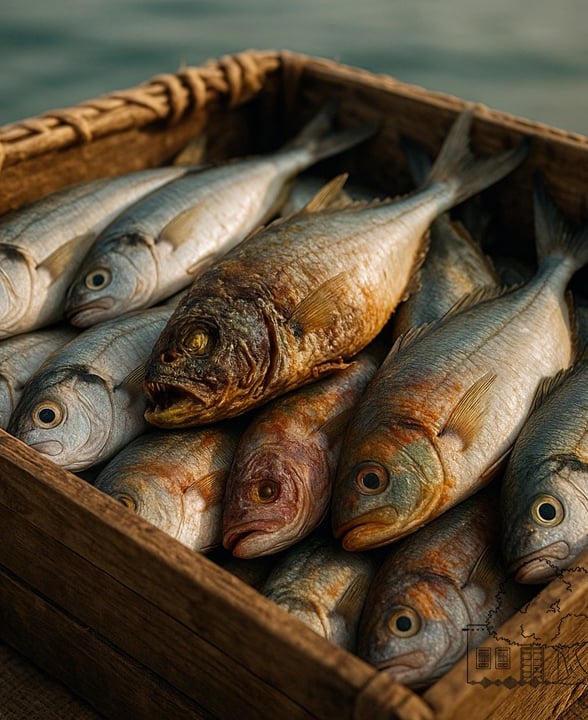

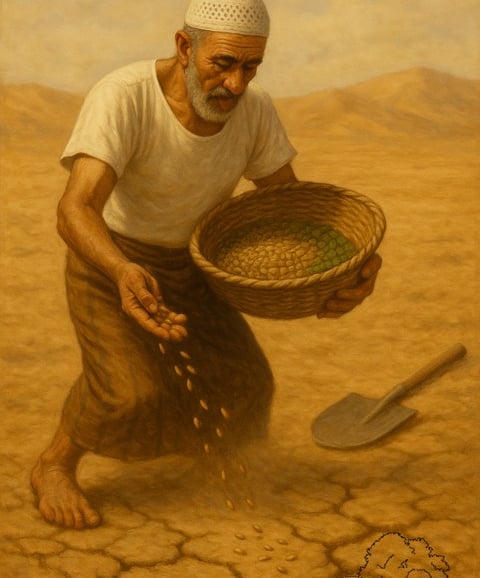

السمكة الخايسه تخيس السمك
The rotten fish spoils the rest.
It means that whenever one person becomes corrupt or spoiled, their bad behavior spreads to others around them.
الشمس ما تّغَطى بمنخل
The sun cannot be covered with a sieve.
It means that truth cannot be hidden for long, just as people’s true nature will eventually be revealed.
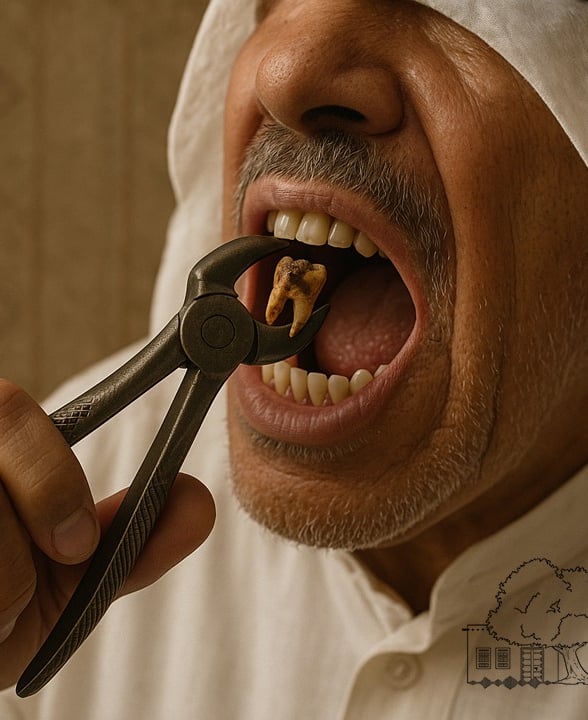

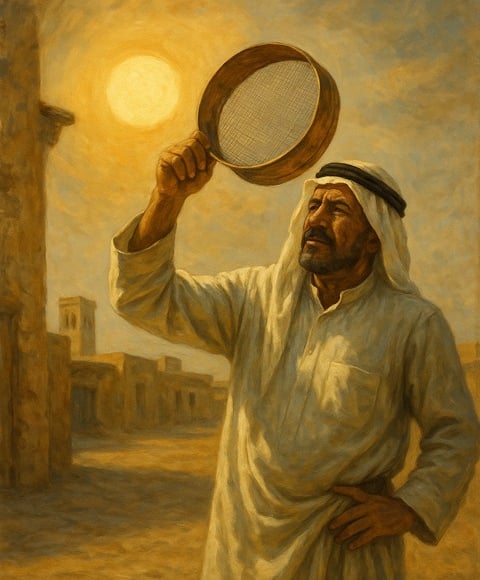

الضرس الي من رِقَل من شَلعِتَه لابد
The tooth that causes pain must be pulled out.
It refers to removing harmful individuals or situations that only cause continuous problems.
الغيم يحوم و الرب رحوم
Clouds hover, and God is merciful.
Said to give hope that blessings will eventually come after hardship or despair.
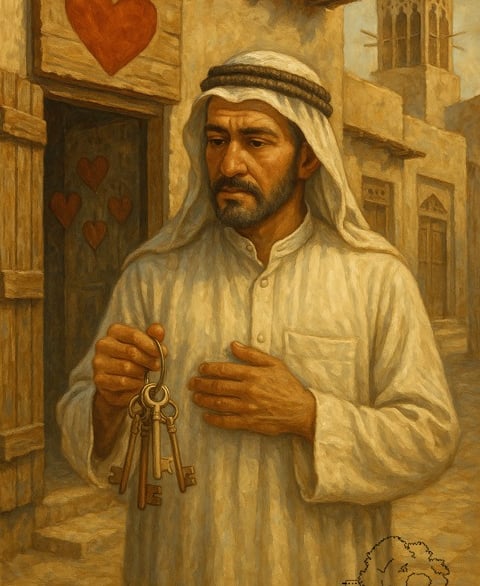

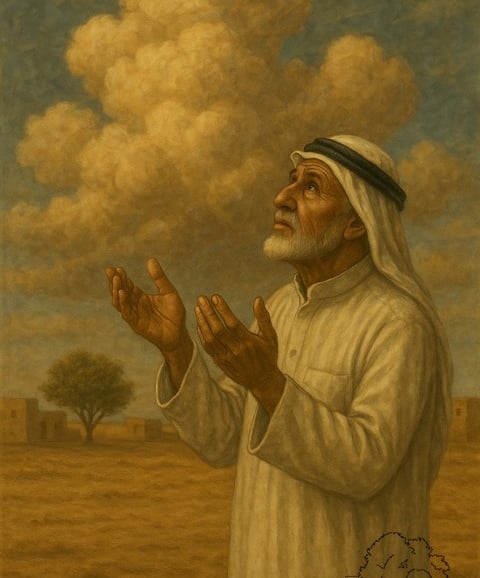

القلب دكّان و كلٍ واحدٍ له مِكان
The heart is like a store, and everyone has their own place inside.
It means people naturally love or prefer different individuals, each with their own place of affection.
الكحل بعين الرمدة خساره
Kohl in an infected eye is a waste.
It means giving beauty or favor to someone who doesn’t deserve it, or showing kindness to someone ungrateful.


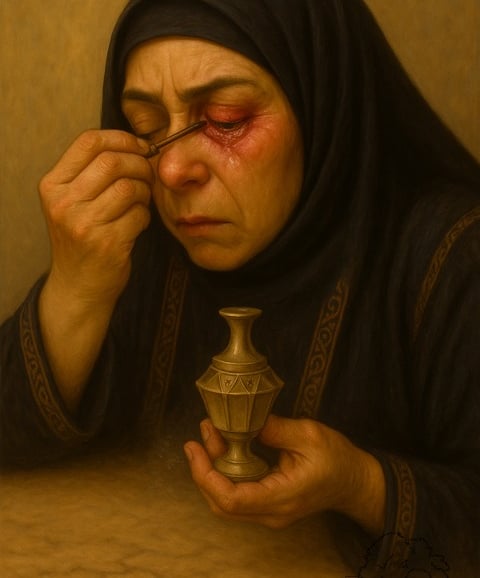

تجيك التهايم و انت نايم
Accusations come while you’re asleep. It means being wrongly accused of something while completely innocent and unaware.
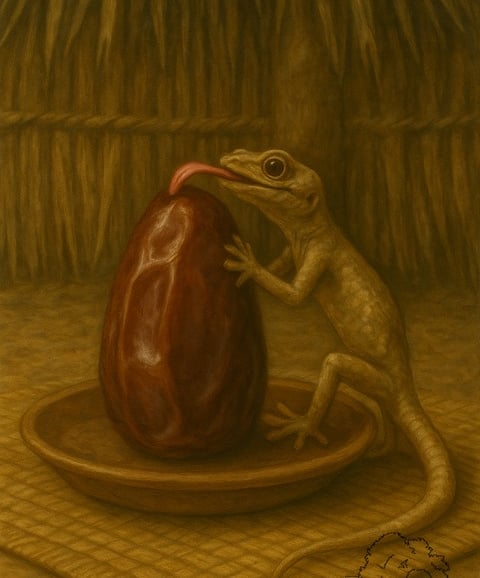

تموت الدجاجه و عينها بالسبوس
The chicken dies with its eye on the bran.
It means someone’s greed remains even at death, or when a person’s desire for something blinds them.
تمره ما يضرها لاحوس
The date is not harmed by vermin.
It refers to a person immune to harm or criticism, always emerging unscathed despite trouble.
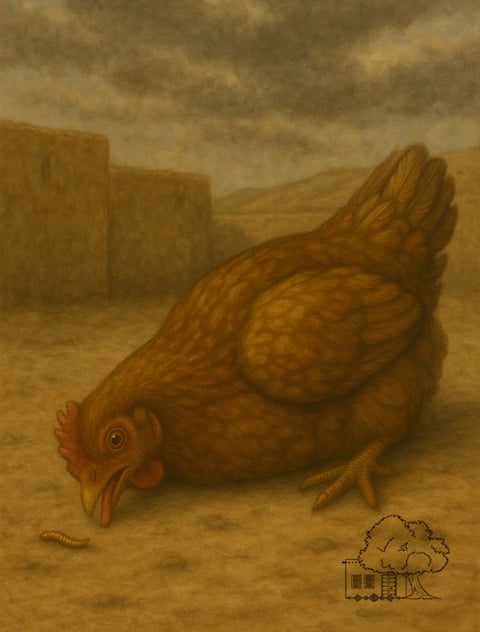

الثوب اللّي أطوَل مِنَّك يِعِتّك
The robe longer than you will trip you.
It means if you deal with those above your level, in status or power, you may be harmed or defeated.
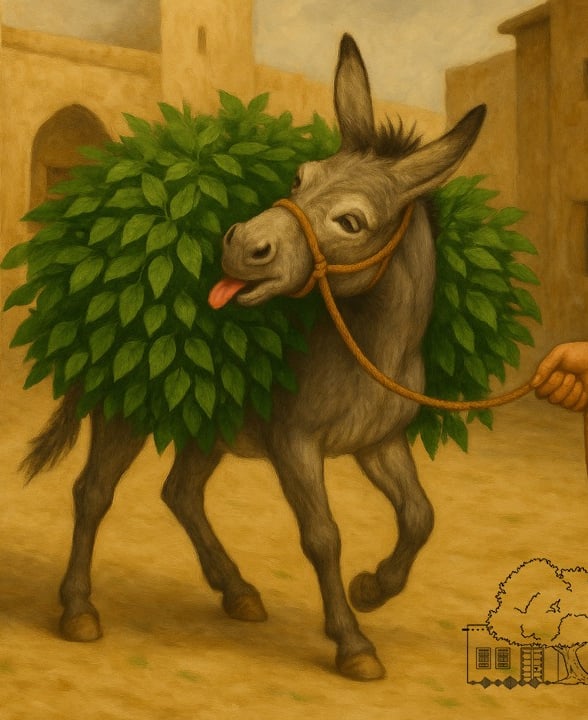

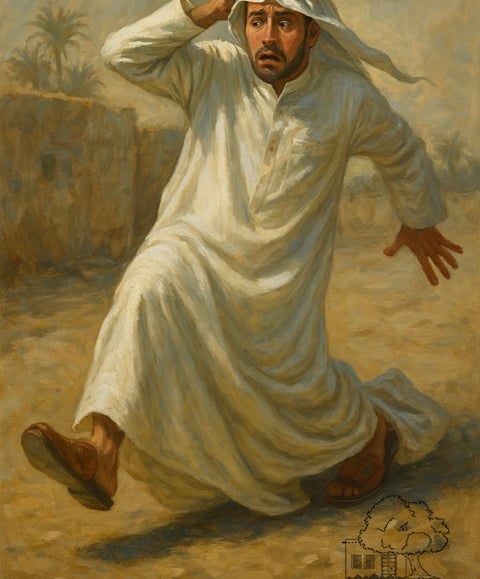

حمار جَت ينقله و لا يذوقه
The donkey carries the load but does not taste it.
It means someone works hard but never benefits from the result, while others enjoy the fruits of their labor.
حَيّه رَمل
Sand snake.
Said for someone who pretends to be calm and righteous while being malicious inside.
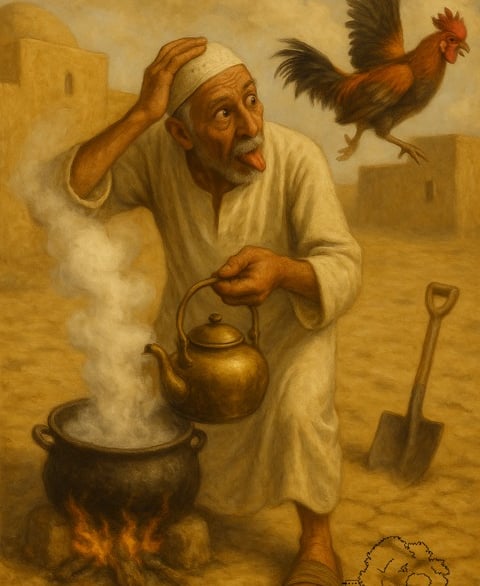


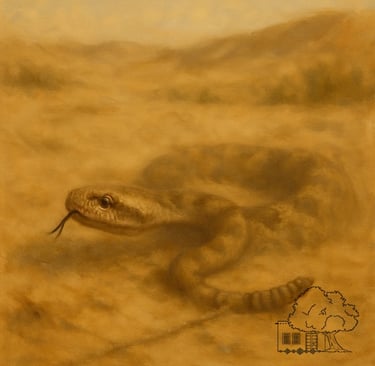
سَخنا الماي و طار الديك
We boiled the water, but the rooster flew away.
It means preparing for something but losing the chance to actually use that preparation.
شد إصبعك و الكل يَنعِت لِك دوا
Pull your finger, and everyone prescribes a remedy.
It means ask the experienced, and they will guide you, or that advice comes in abundance when sought.
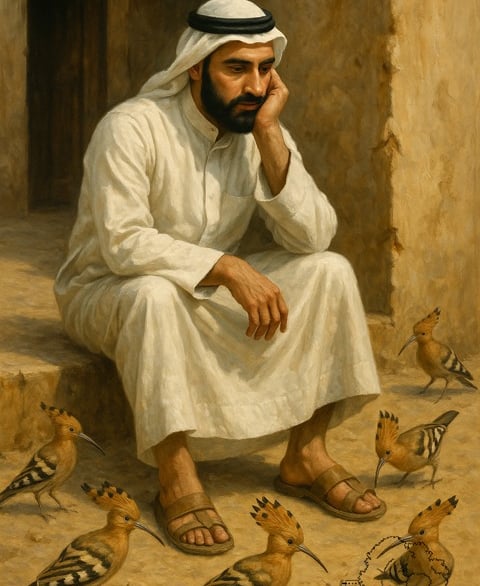

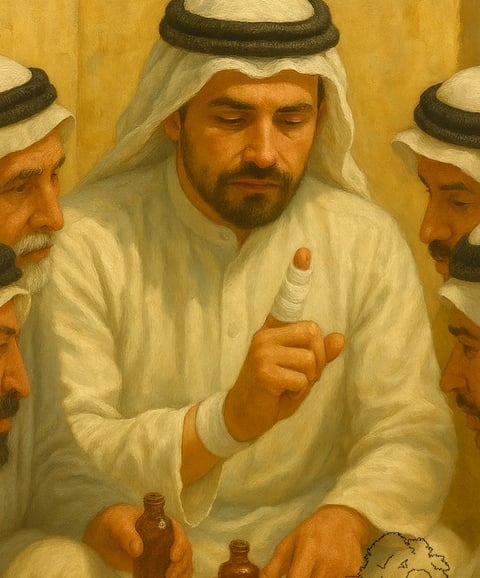

عذاب الهداهد
The torment of the hoopoes.
It refers to continuous, endless effort with no rest or reward.
عصافير بسدره
Sparrows in a sidra tree.
It refers to noisy, confusing chatter, like when many people talk at once and nothing is understood.
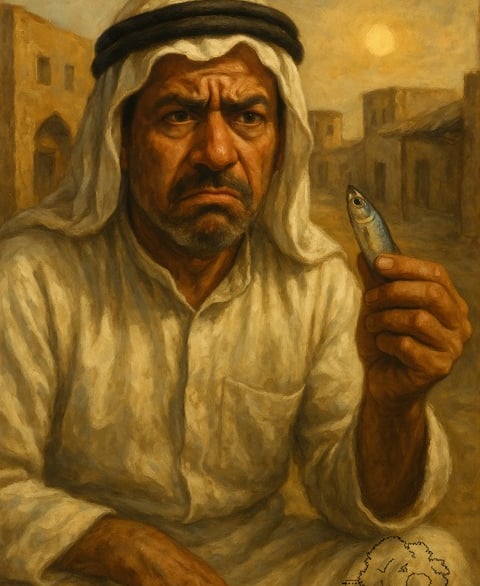

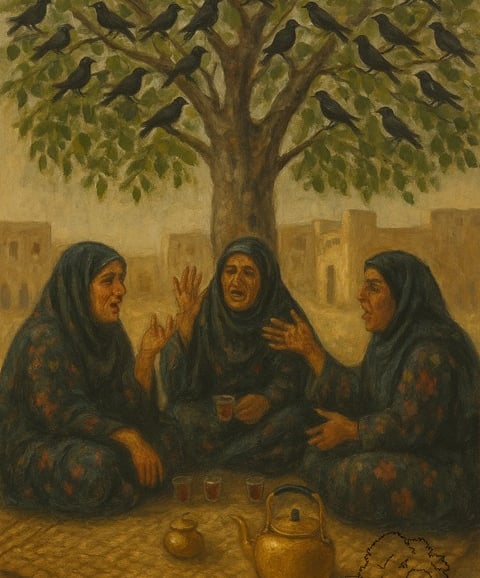

عومه مأكوله و مذمومة
The mullet is eaten but despised.
It refers to someone whose work is used and consumed but they are undervalued or looked down upon.
كِثر الدَّق يفك اللّحام
Too much pounding breaks the weld.
It refers to gossip or constant interference that eventually destroys even strong bonds, like friendships or marriages.
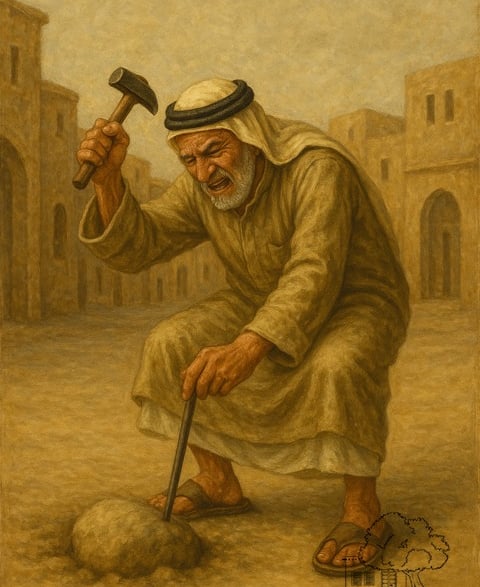

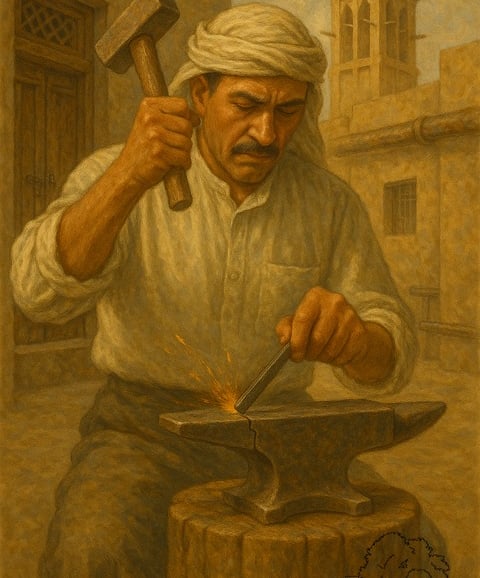

كل ما دَقيت في أَرضٍ وِتد من رِداه الحَظ وافتني حَصاه
Every time I drive a peg into the ground, bad luck throws a stone at me.
It means whenever someone tries to do something good, misfortune or obstacles strike.
كِل مَشروك مَبروك
Everything shared is blessed.
It means that blessings are found in food or possessions that are shared with others, reflecting real-life wisdom.
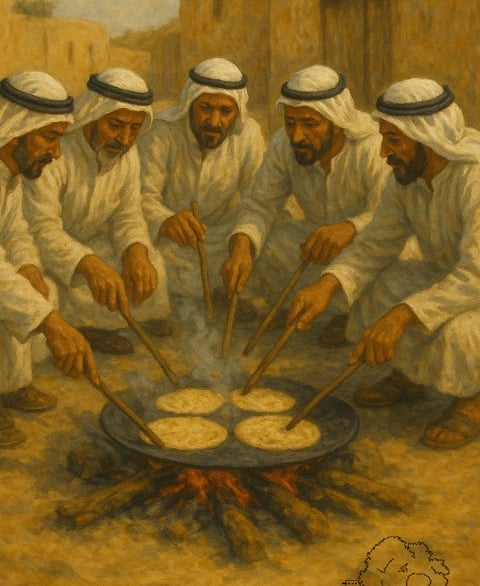

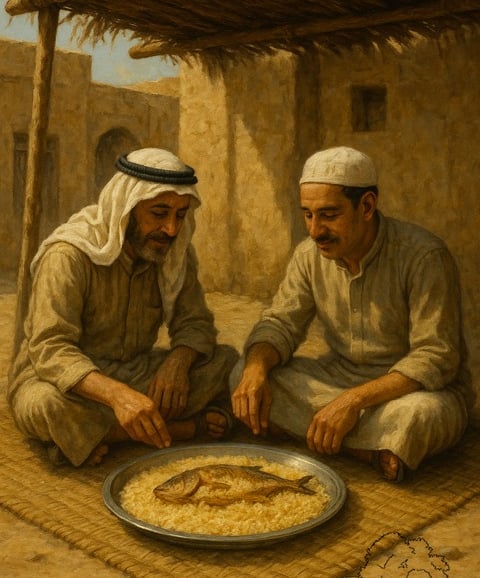

كِل يجِر النار لقريصه
Everyone pulls the fire to their own bread.
It refers to selfish people who only care about their own interests, not the common good or even their friends and relatives.
كلاب ملَبِّسين ثياب
Dogs wearing clothes.
It refers to groups of wicked people who disguise themselves with a good appearance, pretending to be decent while being corrupt.
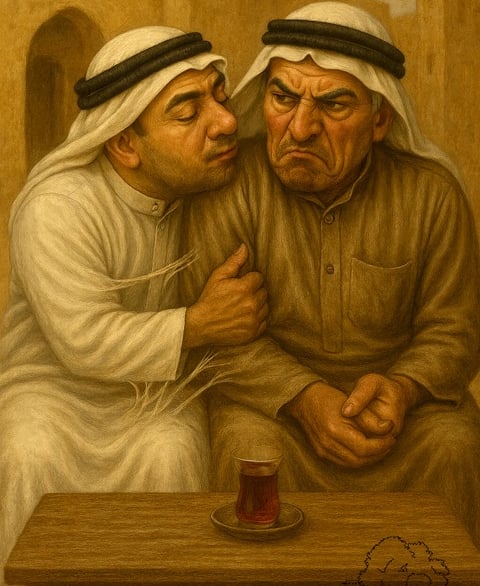

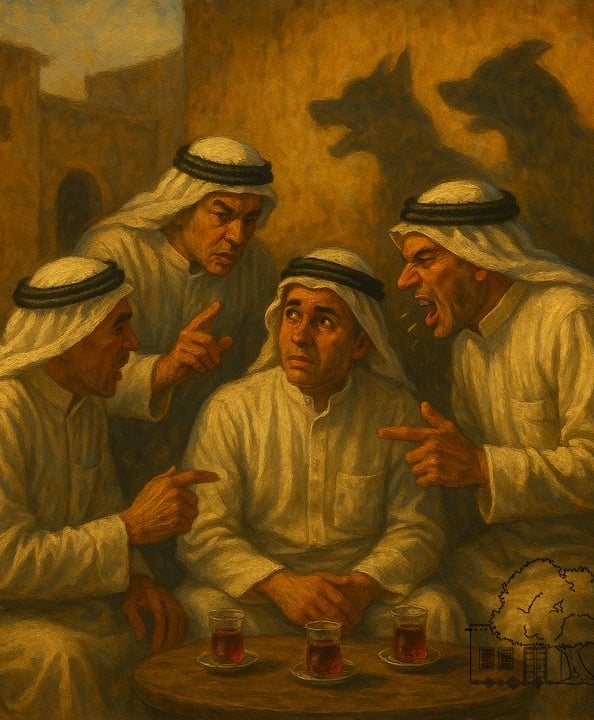

لَزقة عَنزروت
A patch of “Anzaroot.”
It means someone who clings endlessly and never leaves, said about a person who is always stuck to others and never separates.
ما عقب العود قعود
After the incense comes sitting.
It means that the final act of hospitality is offering incense to guests, and once it is done, it signals the end of the visit.
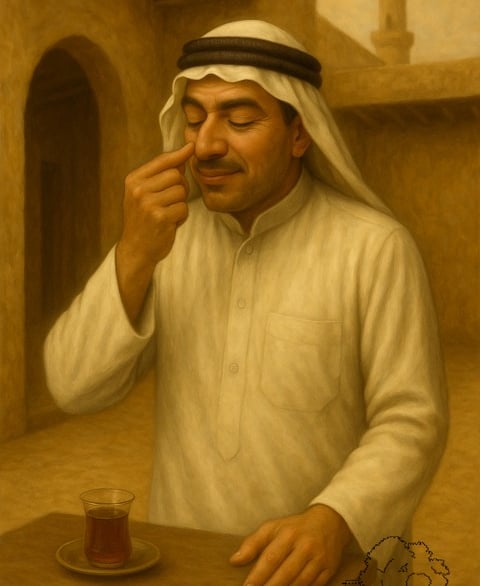

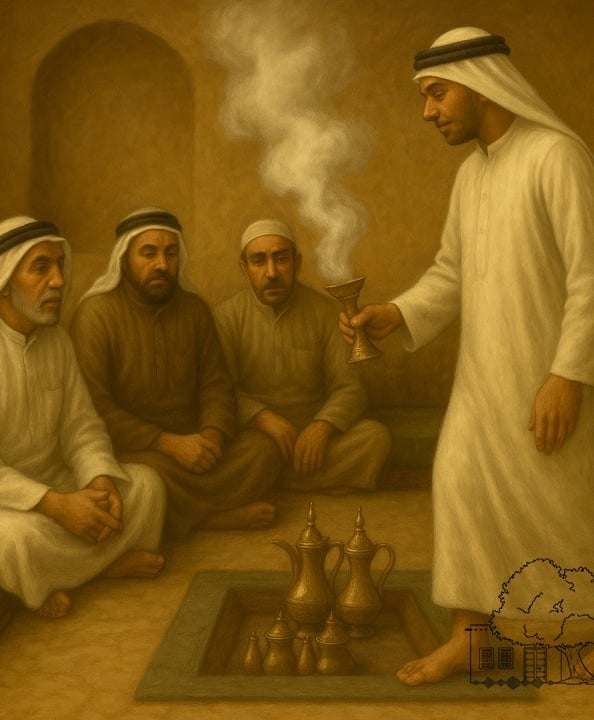

مالِك غير خَشمِك لو كان عَوج
You have nothing but your nose, even if it’s crooked. It means you must accept your flaws or traits as they are, and it’s often said about someone known for a negative trait they cannot escape.
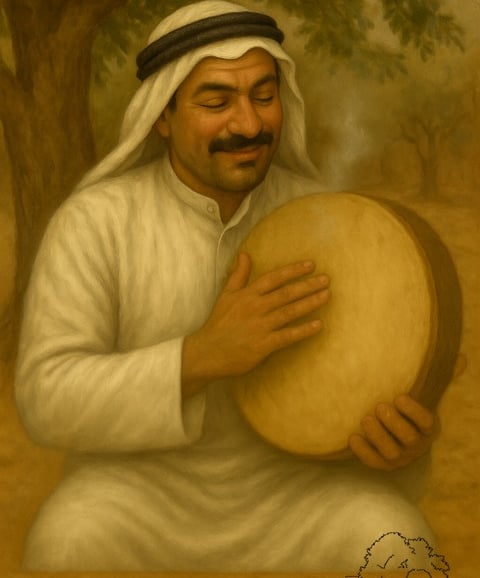

أبرَد مِن الثًلج
Colder than ice.
It refers to a lazy or indifferent person who doesn’t care about what helps or harms, remaining completely unbothered.
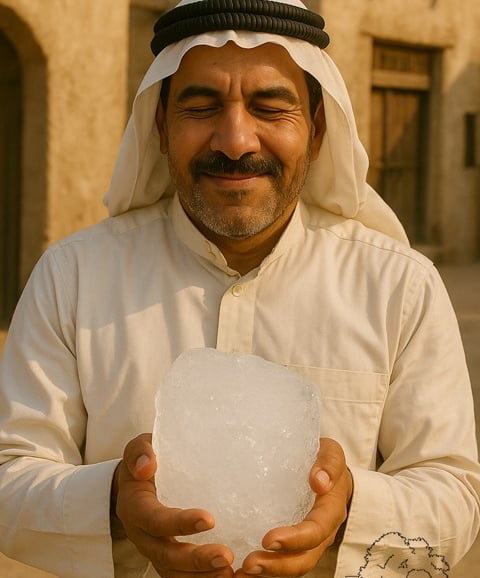

ما يطق الطار مقلوب
The tambourine never beats upside down.
Said about the straightforward, honest person who speaks plainly and does not distort the truth.
المبلل ما يخاف من المطر
The soaked one doesn’t fear the rain.
It means once someone has already suffered greatly, further harm doesn’t matter anymore.
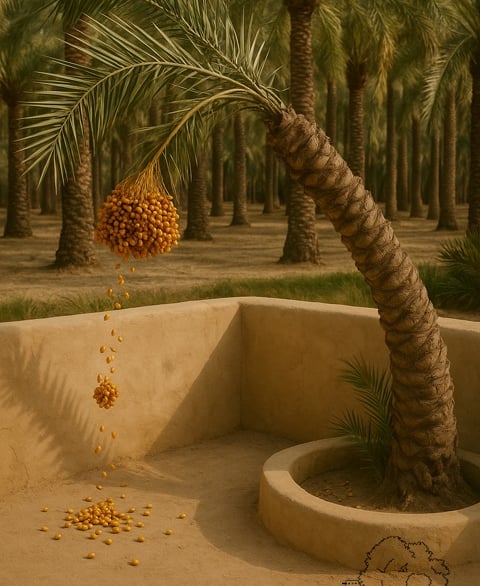

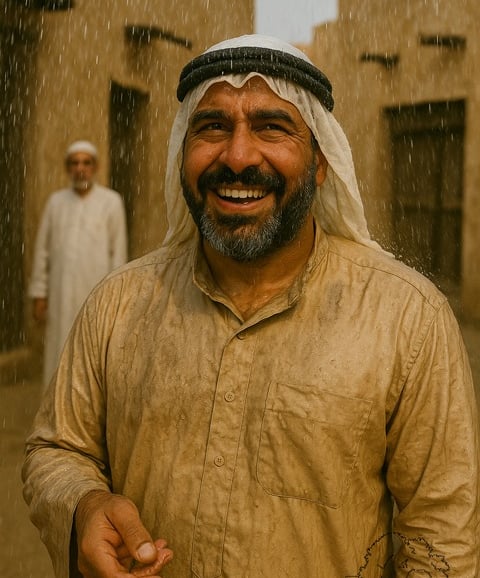

النخلة العوجا ثمرها بحوض غيرها
The crooked palm tree gives its fruit to someone else’s basin.
It means someone benefits outsiders instead of their own family, despite their family’s need.
الوجه من الوجه ابيض
The face is white from the face.
It means “we’re done, no blame left,” often said when parties agree to end disputes or let go of blame, leaving with a clean slate.
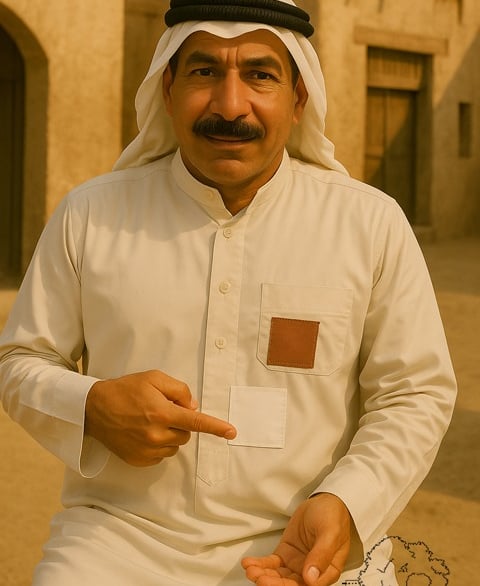



حلاة الثوب رقعته منه و فيه
The beauty of a garment lies in its patch made from the same fabric.
It means things are best when they are consistent and matched, like marrying someone of equal status.
دخان جله
The smoke of camel dung.
Refers to the deceptive appearance of something; looks beneficial but actually harmful, warning against being fooled by appearances.
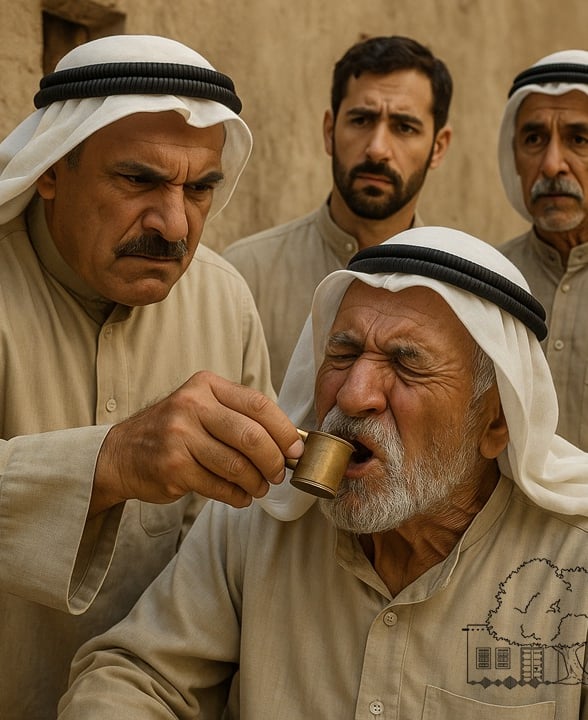

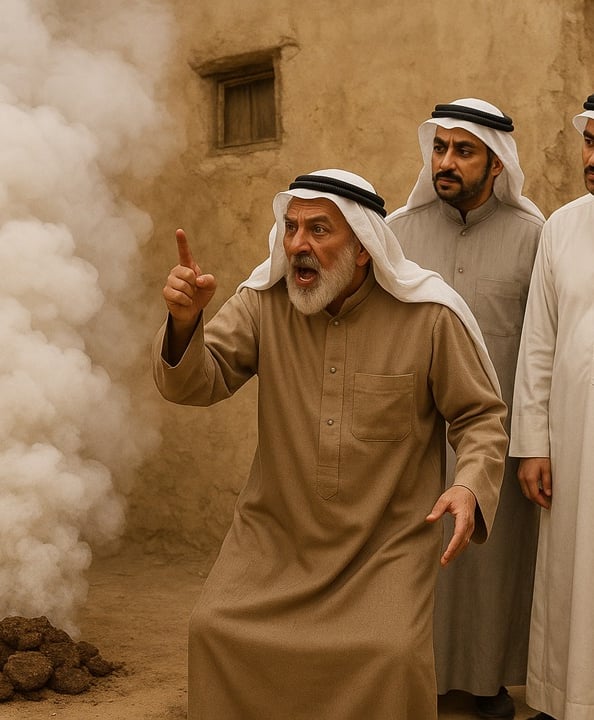

سقاه المر
He gave him bitterness to drink.
It is said about someone who inflicted severe harm or hardship on another, especially by a close relative like a spouse, child, or sibling.
طوفه هبيطه
A fallen wall.
It refers to a person despised and disrespected, with no value or regard among people.
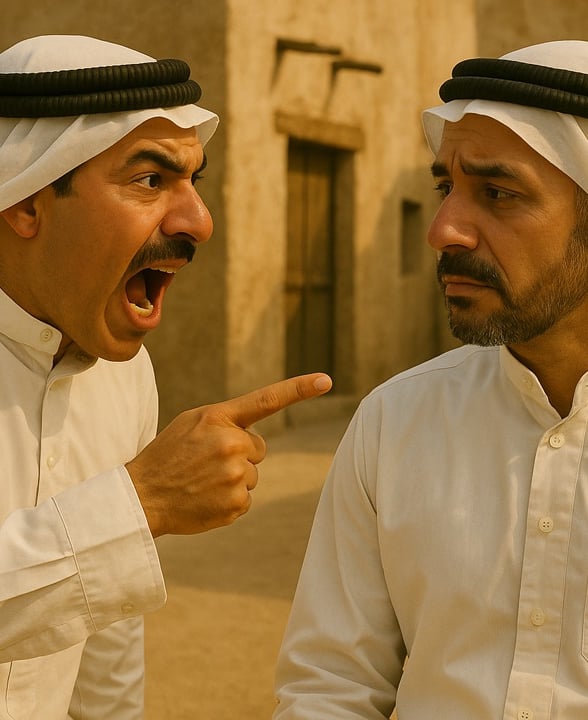

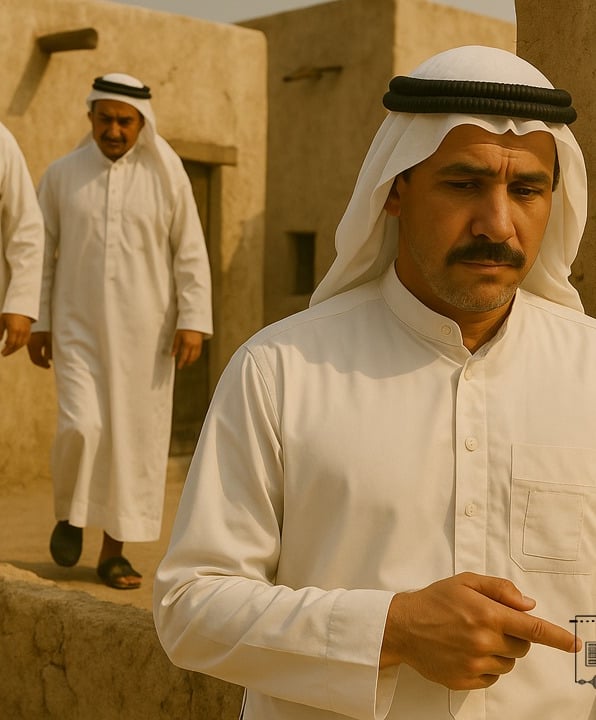

قال ب قال بعينك الوبا
He said and said, and the plague in your eye.
It means someone who argues harshly without leaving space for defense or excuse, silencing the other completely.
كثر البكى ما يرد الغايبين
Excessive crying does not bring back the lost.
It is said to console someone, meaning grief will not return the dead or the absent.
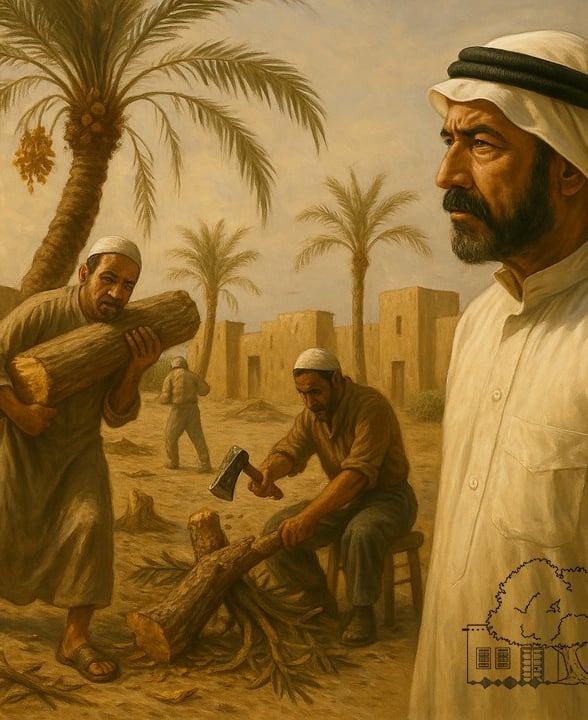

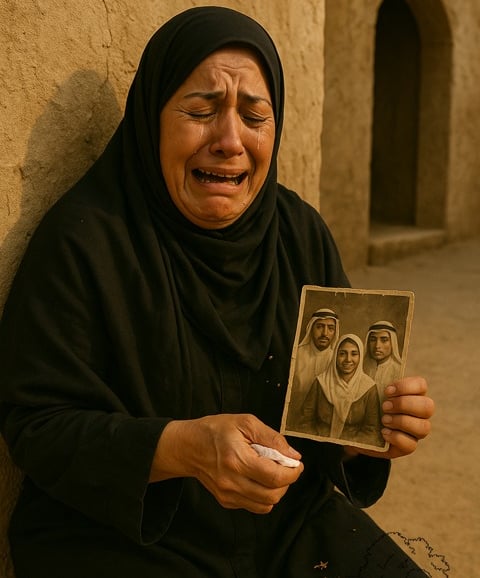

لو كل من جا ونجر ، ما ظل بالوادي شجر
If everyone who came cut, no trees would remain in the valley.
It means people working outside their expertise or abusing resources will destroy what remains.
مثل أم القطاوه
Like the mother of cats.
It refers to someone restless and unsettled, always moving from one place to another without stability.
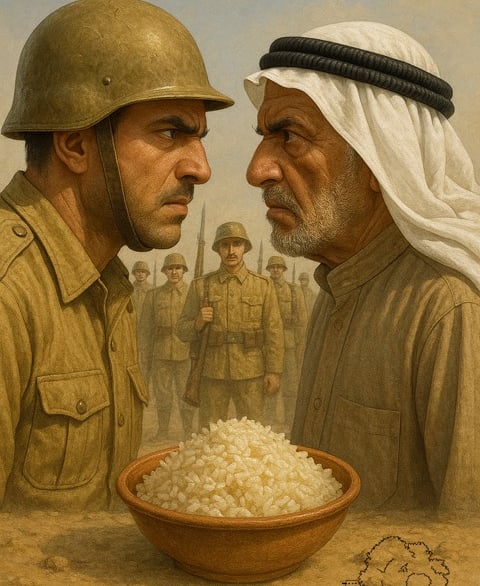

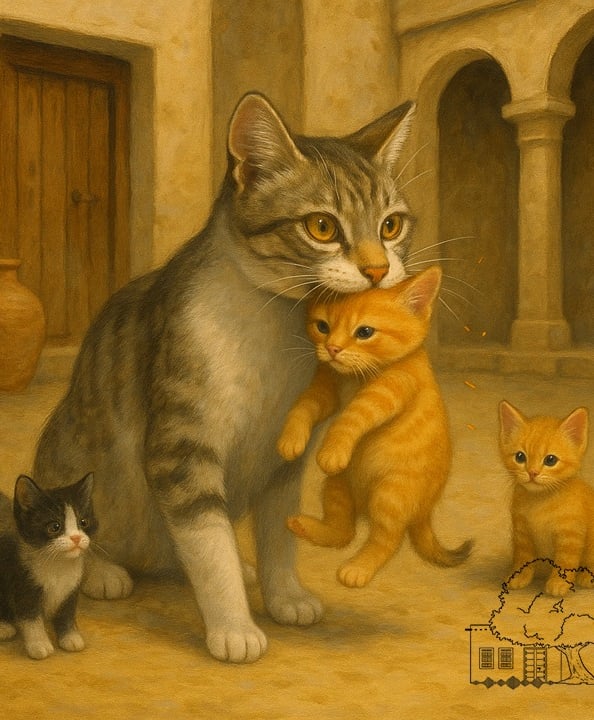

مجابل جيش و لا مجابل عيش
Facing an army is easier than facing food.
It is said about the hardship of a hungry person watching food they cannot touch, often when waiting for others.
مرد الكلب على القصاب
The dog always returns to the butcher.
Said about someone who keeps going back to the person who mistreats them, despite being harmed.


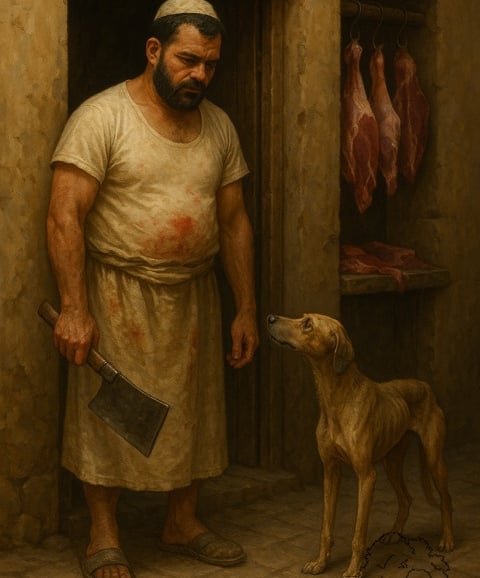

مطر صيف
Summer rain. It refers to something with no real benefit, that comes quickly and goes quickly, just like summer rain. It’s said about promises that don’t last or blessings that come to some but don’t spread to others.
مقرود تدوره القرادة
Cursed, and the ticks still chase him.
It means someone already unlucky or in trouble who keeps facing more misfortunes.
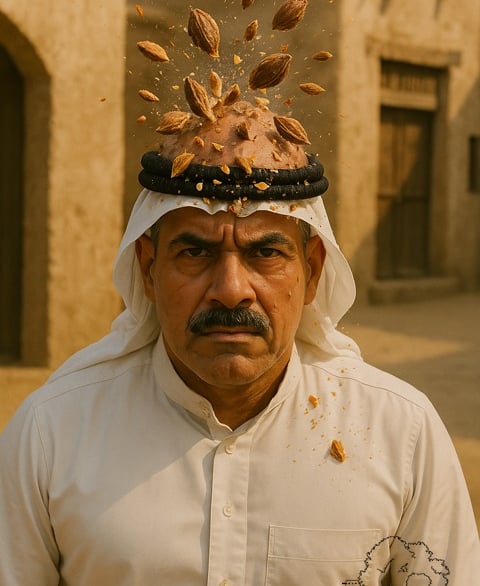

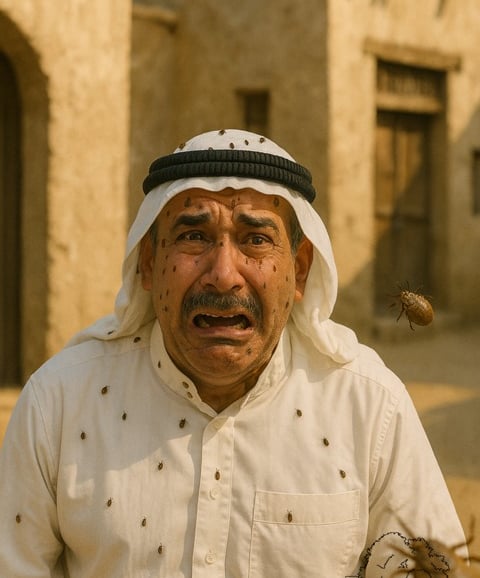

مكسر على راسه العنقيش
Broken with almond seeds on his head.
The “anqeish” is the apricot seed, and it means that a tough person is not hurt by small troubles. Said about someone experienced who can handle hardship.
مكسورة و تبرد
Broken yet cooling.
Said about a person who, despite being harmed or disadvantaged, still benefits others and gives them comfort.
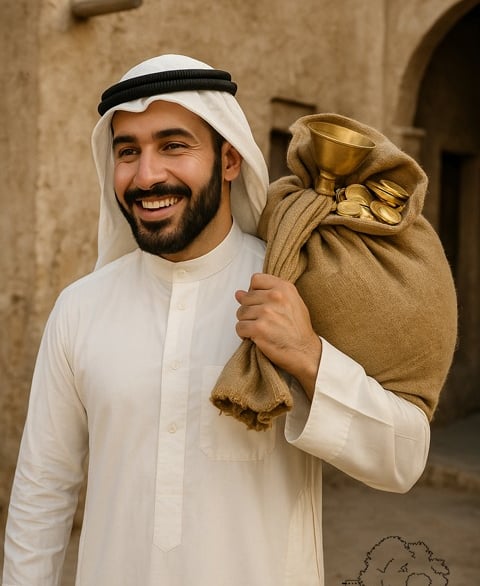

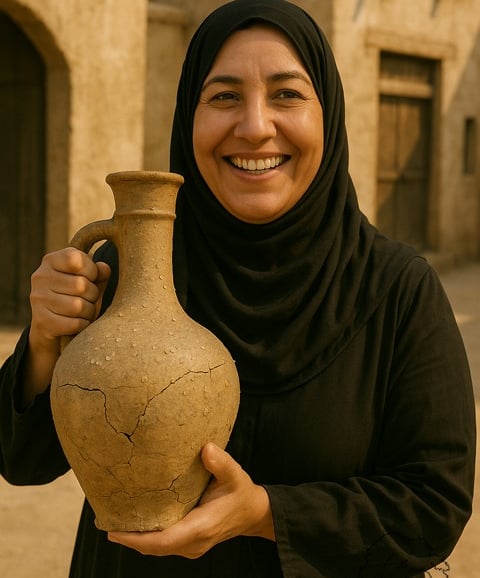

من طول الغيبات جاب الغنايم
Whoever stays away long brings back spoils.
Said when someone absent returns with goodness or plenty for their people.
من عضه الداب ما يامن الحبل
He who was bitten by a snake does not trust a rope.
It means someone who suffered betrayal or harm becomes too cautious and distrustful afterward.
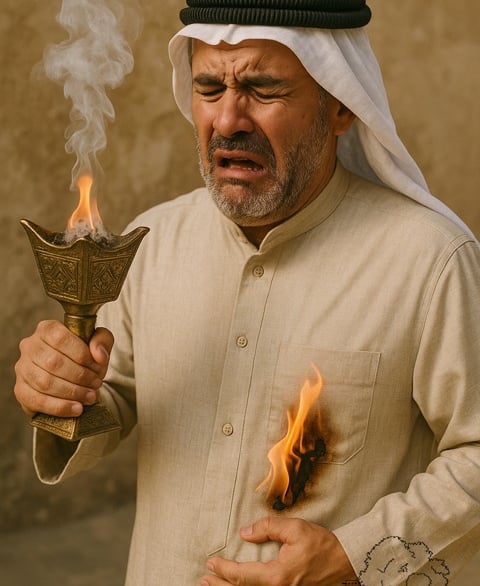

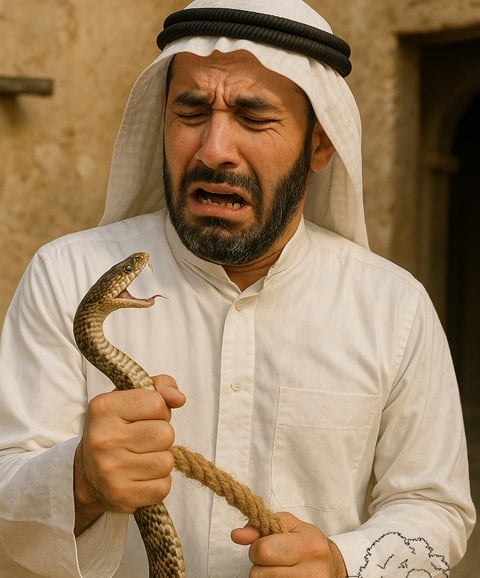

من عمره ما تبخر تبخر و احترق ثوبه
He never burned incense, and when he did, his clothes caught fire.
It means someone inexperienced who, when finally trying, ends up harming himself.
من قعد عند الحداد يصبر على الشرار
Whoever sits near the blacksmith must bear the sparks.
It means one must endure hardship or annoyance to achieve a goal.
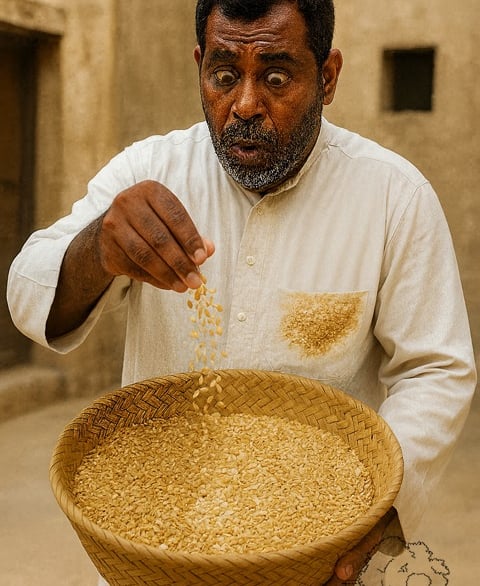

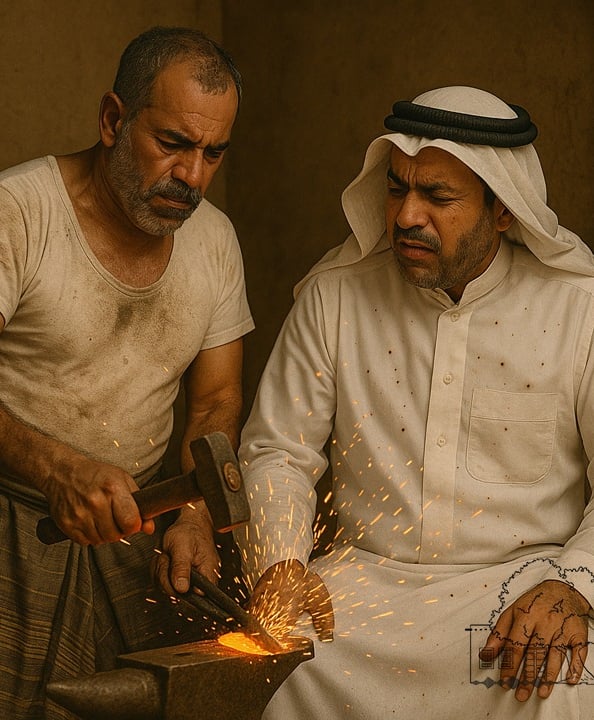

من قله تدابيره خلط حبه مع شعيره
Because of poor planning, he mixed his wheat with his barley.
It refers to a person who mismanages things and ruins them.
من كبر اللقمة يغص
He who takes too big a bite chokes.
Said about someone who takes on more than they can handle or borrows more than they can repay.
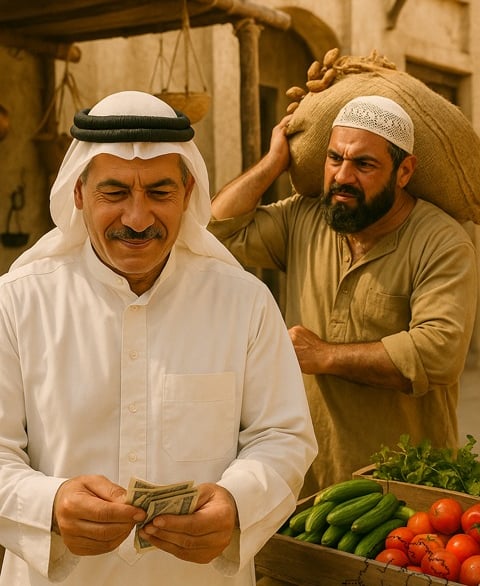



ناس تكد و ناس تعد
Some work hard, others just count.
Said about envy; when some people make an effort, while others only watch or resent their success.
هذا سيفوه و هذي خلاجينه
This is his sword and these are his cloaks
Said about someone whose situation or behavior has not changed with time.
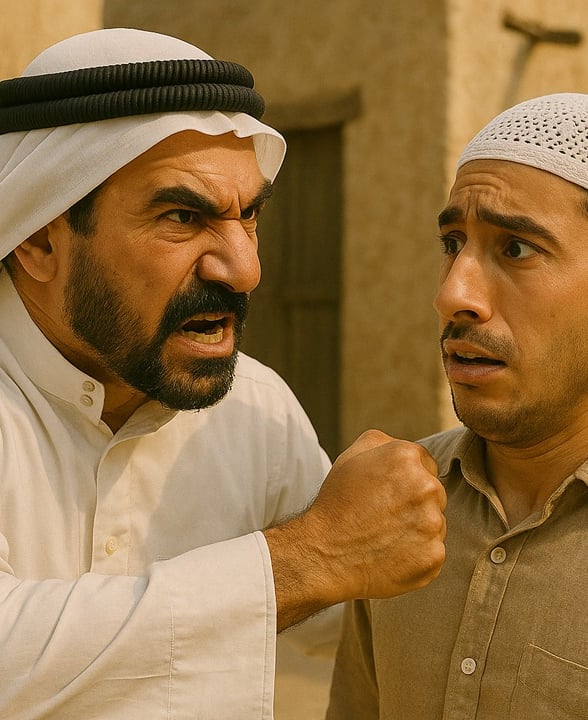

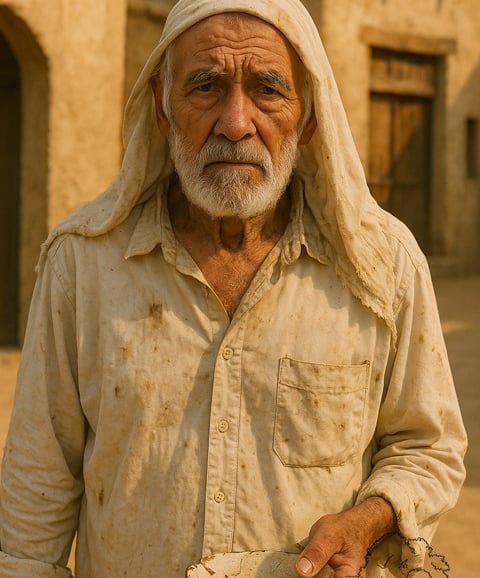

هذي تروعك و الثانية بضلوعك
This one scares you, and the other stabs you.
Said as a warning, meaning threats from both sides, intimidation and real harm.
هيل بلا كيل
Cardamom without measure.
It refers to someone who spends or gives excessively without consideration for consequences, with no thought for the future.
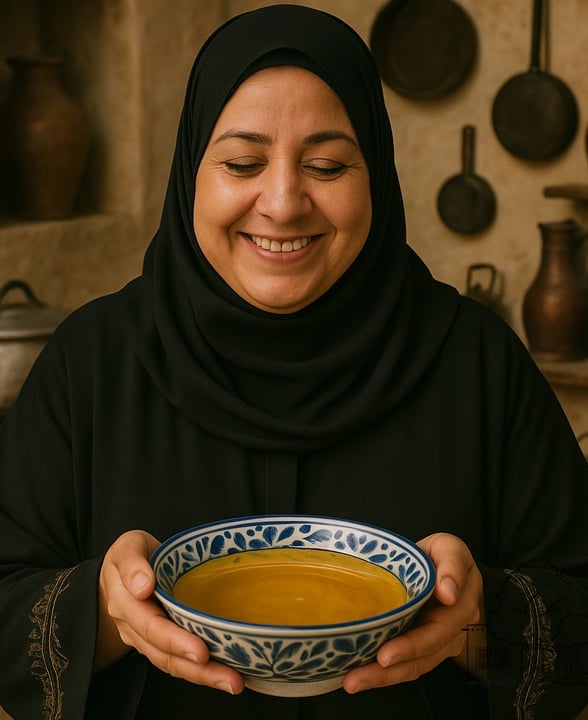

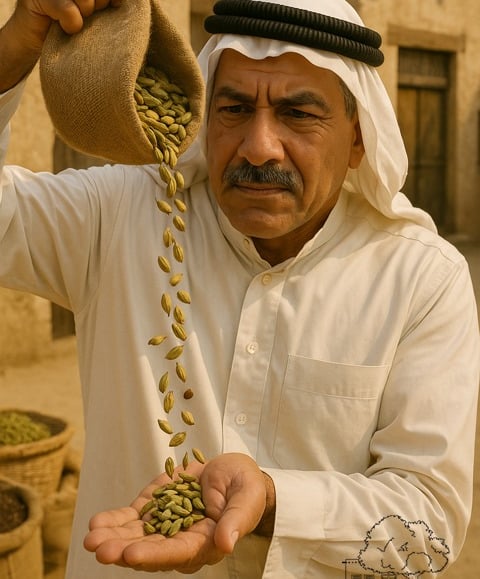

يا دهينه لا تنكتين
Oh smooth one, don’t get stained.
Said about someone pampered or well-kept, meaning don’t let yourself be harmed or ruined.
يا ماشي درب الزلق لاتامن الطيحه
If you walk a slippery road, don’t trust you won’t fall.
It means anyone taking risks or dangerous paths should expect consequences.
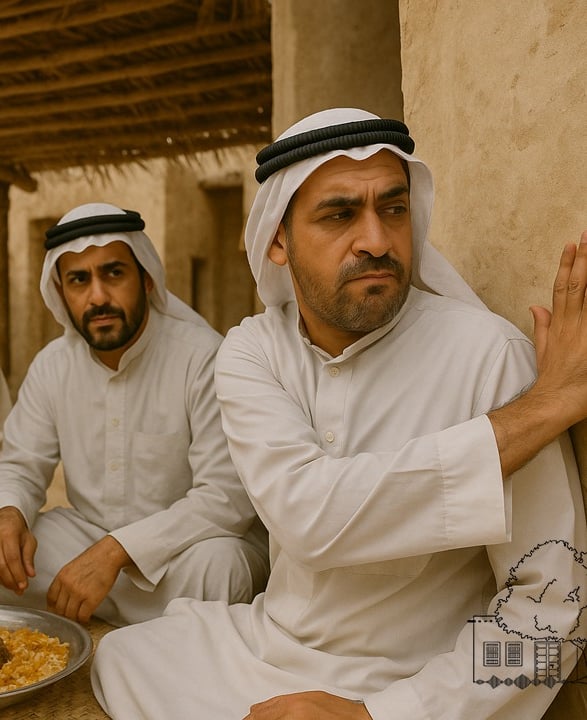

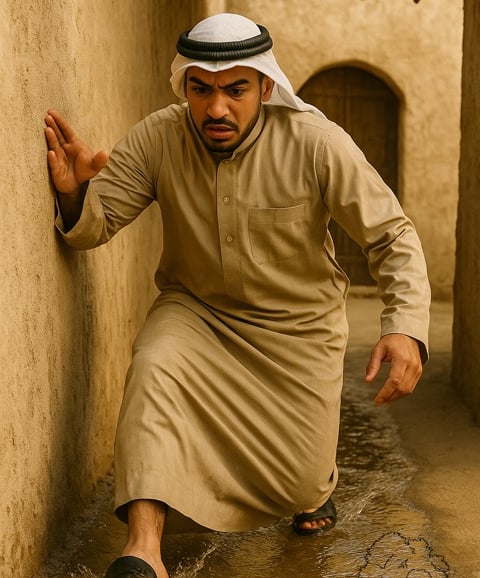

ياكل و يمسح ايده بالطوفه
He eats and wipes his hand on the wall.
Said about someone ungrateful who takes without appreciation, or someone careless with what is not theirs.
يخاف من ظلاله
He fears his own shadow.
Said about a cowardly person who is afraid even when there’s nothing to fear.


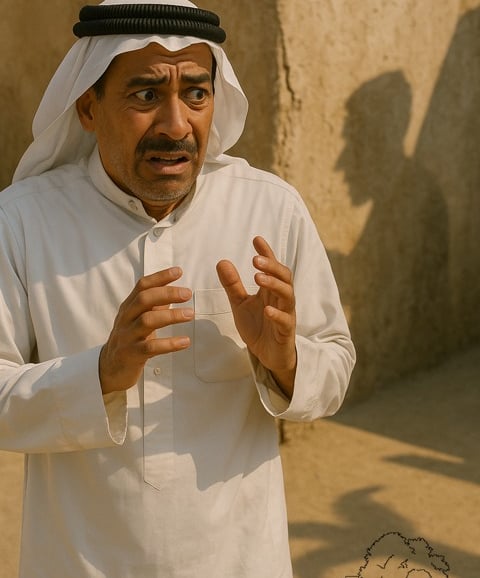

يفوتك من الكذاب صدق واجد
From the liar, much truth will be lost.
Said about a person known for lying, even if they say something true, people won’t believe them.
